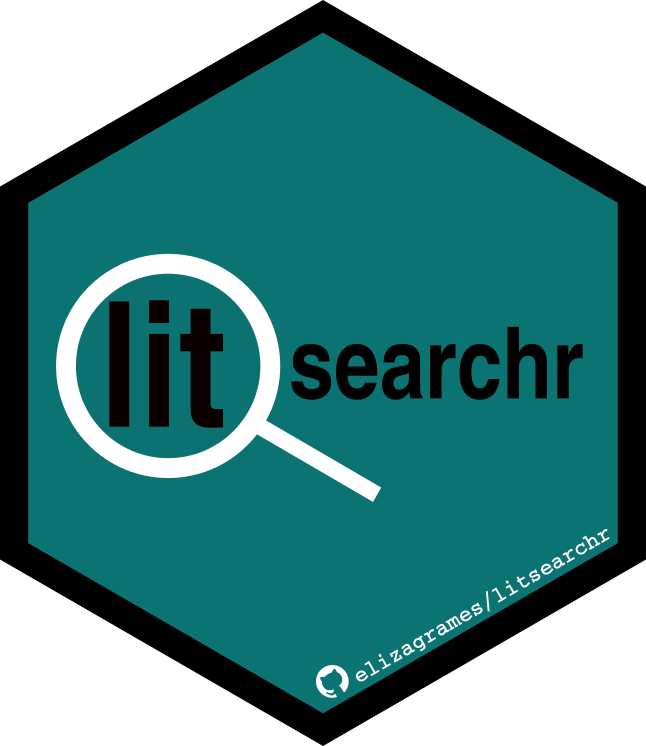
The First "Bug"
At litsearchr, we love bugs and insects of all kinds (check out the EntoGEM project!). The first programming "bug" was a moth found in Mark II, a machine being developed by one of the first computer programmers, Grace Hopper.
If you have an idea for a feature request, you can either initiate a request (see section above), or you can try to come up with a fix or new feature yourself. You can also work on fixes to open Issues on the litsearchr repository that others have created.
Feel free to fork the litsearchr repository, add or modify functions to make litsearchr capable of doing more, and then once you've checked that the changes (probably) don't break any other functions, you can make a pull request and once Eliza has double-checked that the feature increases the functionality of litsearchr and works well with the other functions, she will merge it into the development version of the package for the next release.
Import, assemble, and deduplicate bibliographic data stored as RIS or BibTex formatted text files.
synthesisr
Article screening for evidence synthesis using manual or visual methods.
revtools
Tag documents with meta-data and based on user-defined ontologies or topic groups.
topictagger
High-throughput, reproducible extraction of data from figures.
metaDigitise
Create publication quality risk-of-bias assessment figures.
robvis
A series to bring together interested researchers, practitioners and coders to discuss and develop new Open Source technologies for evidence synthesis applications.
Evidence Synthesis Hackathon